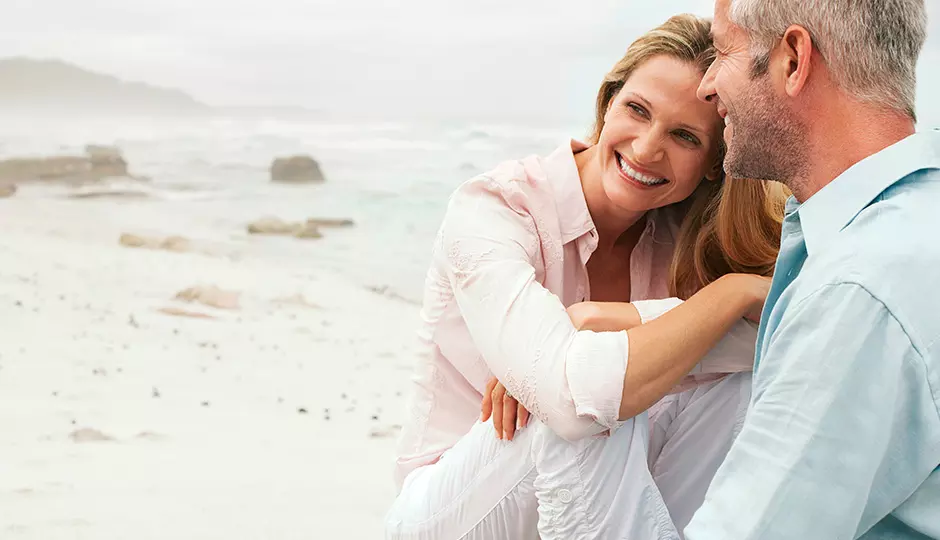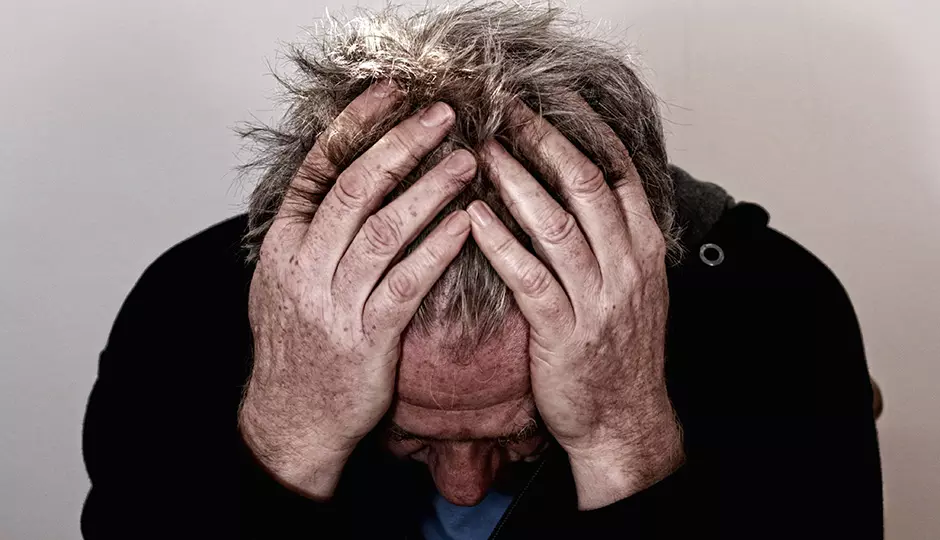It's no secret that our bodies experience a wide range of physical changes as we age. Changes are part of the aging process, and those changes also include your hair. As you age, your hair changes in color and texture, and sometimes people experience thinning hair or hair loss. While there is little we can do to stall the aging process, there are steps you can take to support healthy hair growth as you age.
Why Does Your Hair Change as You Age?
Our body maintains a delicate balance of hormones, such as estrogen, progesterone, and testosterone, and as we age, hormone levels change. Hormone levels closely control the hair growth cycle, and the slightest change can have a dramatic effect, often causing the hair follicle to produce hair more slowly or not at all. While lifestyle can impact your hair's health, genetics play a significant role in changing our hair.
How Does Your Hair Change as You Age?
While changes in your hair may be more noticeable as you get older, hair aging is an ongoing process that begins as a teen. As you age, your hormone levels change, directly impacting your hair.
Color Changes
One of the first and most noticeable signs of aging hair is a change in color. Hair follicles are structures in your scalp and skin that produce strands of hair and the pigment that gives your hair its color. As you age, your hair follicles start producing less pigment, which causes your hair to turn gray.
Moisture Changes
Since it is part of your body, other processes your body goes through will also affect your hair. For example, our bodies produce fewer lipids and sebum as we age. These changes affect how our hair feels, and the lack of moisture can cause your hair to become dry and brittle and more prone to damage.
Texture Changes
As you age, the thickness of your hair may also change. Your hair follicles gradually shrink over your lifetime and eventually produce thinner strands. As your hair follicles change, you may experience more shedding, and some hair follicles may cease to grow hair.
In addition, there are several other reasons that your hair may change as you age, including:
- Genetics
- Endocrine disorders
- Thyroid disorders
- Nutritional deficiencies
- Menopause
How to Care for Your Hair as You Age
As you get older, there are several steps you can take to support healthy hair growth.
Wash your hair less often
Washing your hair too often can cause your hair to become dry and brittle, adding to the already lower moisture levels that are a part of the normal aging process.
Use conditioner and volumizer
Conditioners can help add moisture and replace the natural oils stripped away when you wash your hair. A volumizer can add strength to each strand of hair, plumping it up and adding more overall volume.
Choose the right hair products
Not all hair products are created equally, and some can even damage your hair. Check the labels on your hair products carefully and consult with a professional for tips on choosing the best products for your hair.
Use safe styling techniques
Heat can damage your hair. Avoid using hot styling tools such as blow dryers, curling irons, and flat irons. While using these tools occasionally usually won't cause damage, using them daily can be extremely damaging.
Eat a protein-rich diet
As you age, it's common to start eating less. However, sometimes the reduction in food intake can cause nutritional deficiencies, and since your hair is mainly composed of protein, it's important to include protein in your diet.
Get Help From the Experts at New Image
As our bodies age and change, we often face new and unexpected challenges, including dealing with changes to our hair. While we may not be able to stop the aging process, there are steps we can take to help limit the effects on our bodies.
If you are experiencing changes to your hair and are wondering what you can do to help, our expert hair specialists can provide you with solutions for both men and women. Contact us today and schedule your FREE initial consultation to learn more about how to care for your hair as you age.



